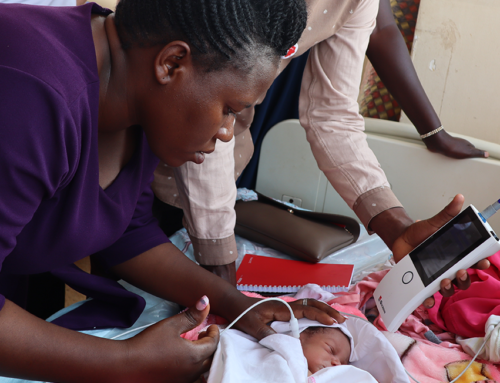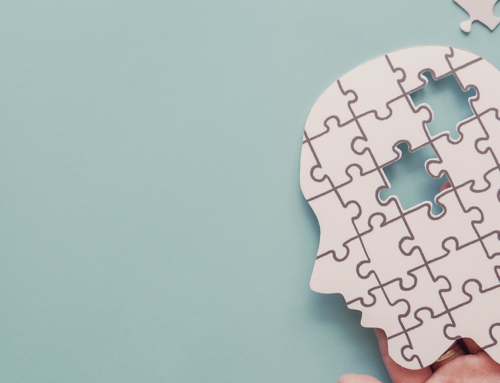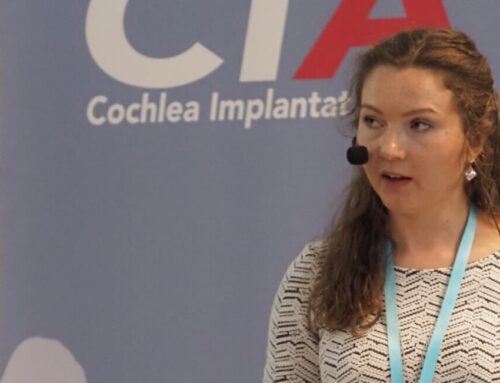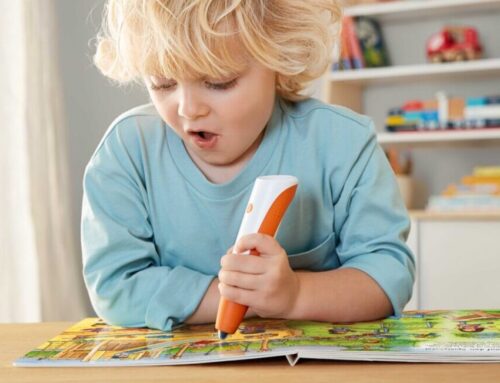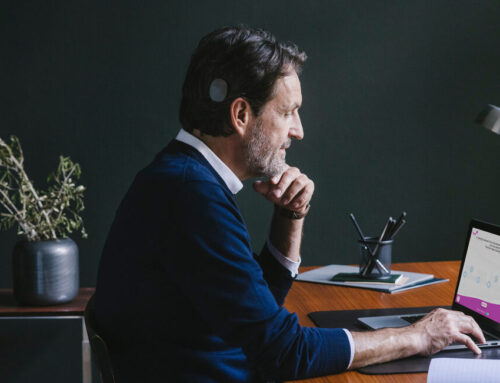Cochlear implantation for babies and young children
When new parents receive the diagnosis “profound hearing loss” in their child, they are usually shocked. But thanks to the latest medical technology and cochlear implants, there is a solution for it!
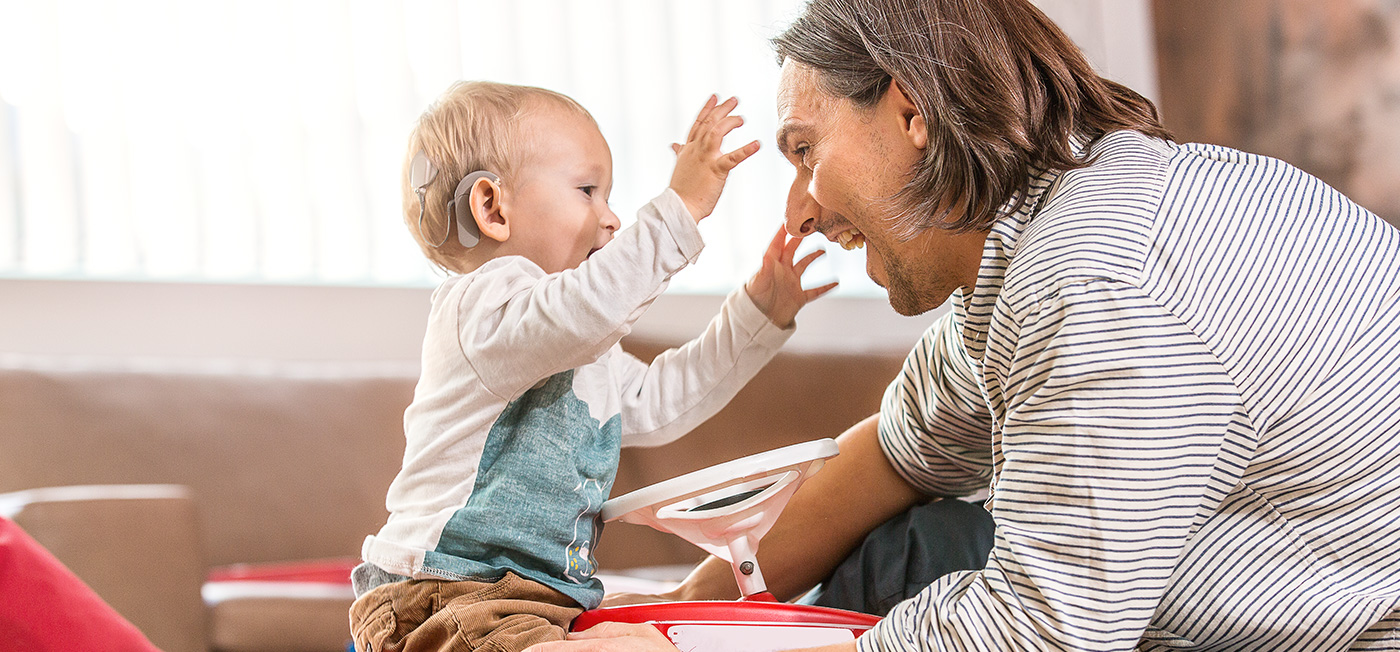
Cochlear implant in babies – what is an optimal solution?
If newborn screening test in the first days of baby´s life points to an abnormality, further checks have to be done at the paediatrician´s and on an ENT clinic to give the right clinical picture and show the severity of a problem. It is important to clarify the cause and the degree of a possible hearing disorder as soon as possible.
If a baby is diagnosed with severe hearing loss or deafness, bilateral fitting with a cochlear implant presents an optimal solution. If your baby is still an infant, the operation will ideally be planned around the child’s first birthday due to the general constitution and anatomical considerations. With prompt fitting around the first birthday, nothing will stand in the way of your baby´s audioverbal speech development.
Early provision with a right solution is crucial for the further auditory and speech development, which means that a baby born with profound hearing loss or deafness has the best chance of a carefree life with good hearing if the necessary measures are taken in time.
How does a cochlear implant work in babies or young children?
In case of profound sensorineural hearing loss, the hair-cells in the inner ear in a baby or young child are damaged and cannot properly process and transmit sound information. A cochlear implant bypasses the defective cells and sends the sound information in form of a coded electrical impuls to the auditory nerve and brain, where it is interpreted. As the brain processes these information very quickly, it is practicaly perceived at the moment when it occurs.
Find out in detail how cochlear implants work and what options there are: click here!
What are the typical signs of hearing loss in children? Find out here!

